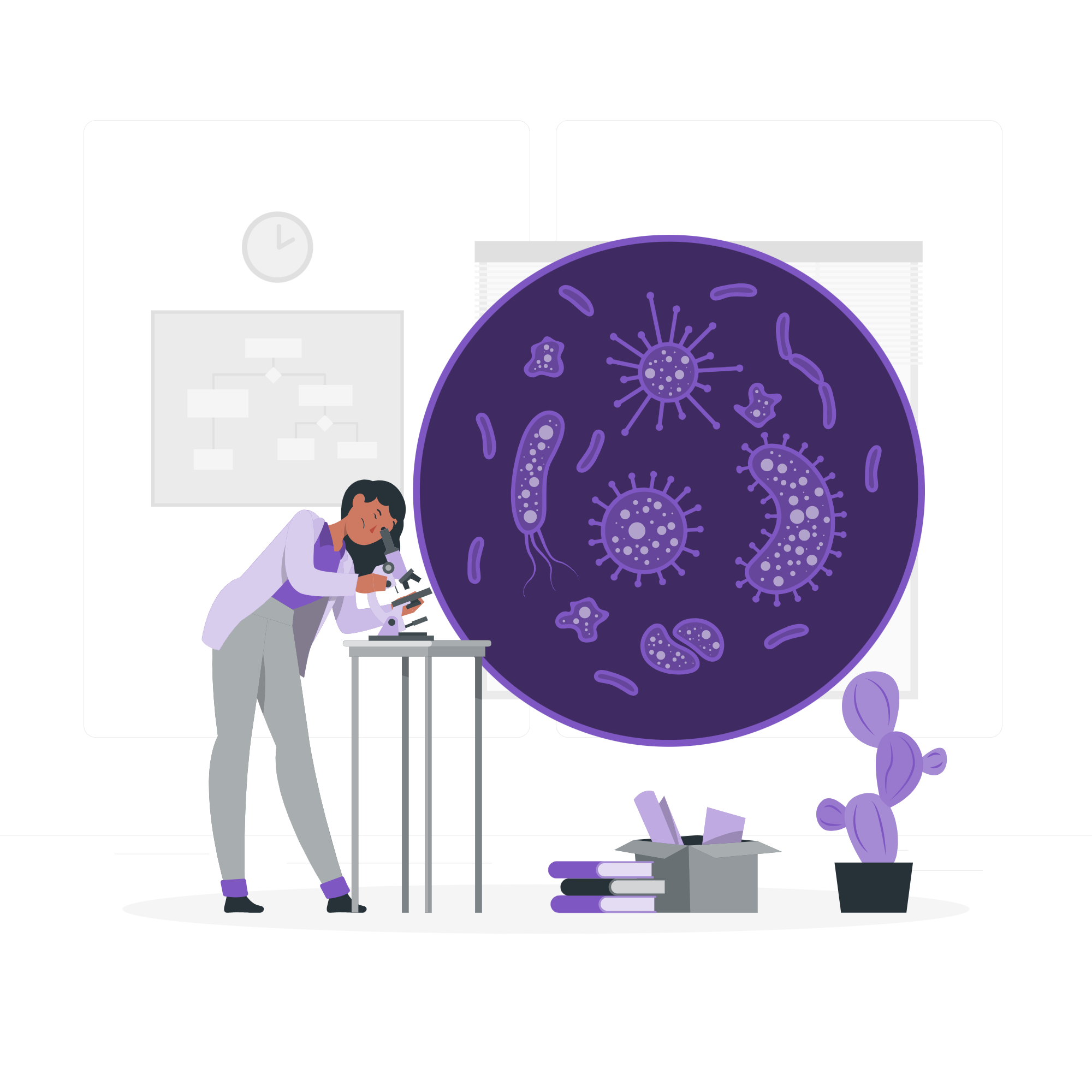Less invasive markers, new treatments, and recognition of demographic characteristics of the disease are the main focuses of IDOR’s Gastroenterology research.
Inflammatory Bowel Diseases (IBD) are autoimmune diseases characterized by chronic inflammation in the gastrointestinal tract. The main symptoms include abdominal pain, cramps, diarrhea, rectal bleeding, urgency to evacuate, and fatigue. The disease can affect individuals of any gender or age, but it’s more commonly developed in the under-30 population.
At IDOR, IBD motivates various research projects in the field of Gastroenterology, whether it be on finding disease markers, testing new medications, or defining its epidemiological distribution. Currently, there are no conclusive findings on the origin of IBD, but evidence suggests that genetic predispositions may trigger harmful immune reactions to the patients’ intestinal flora, also known as the intestinal microbiota.








